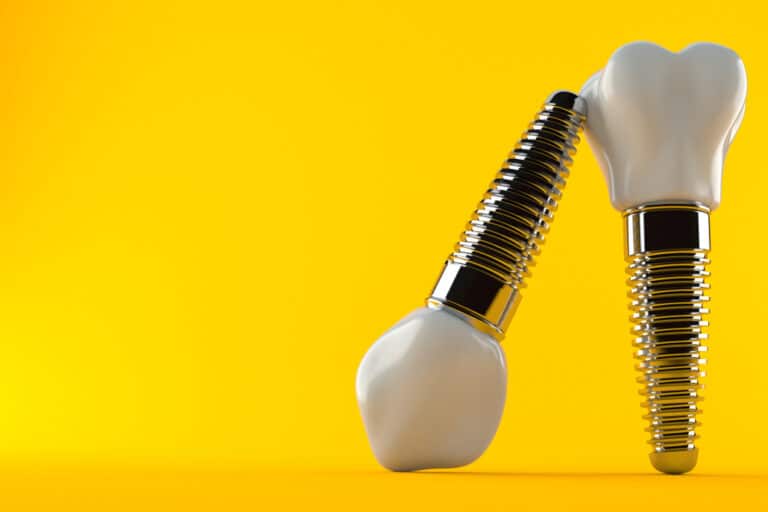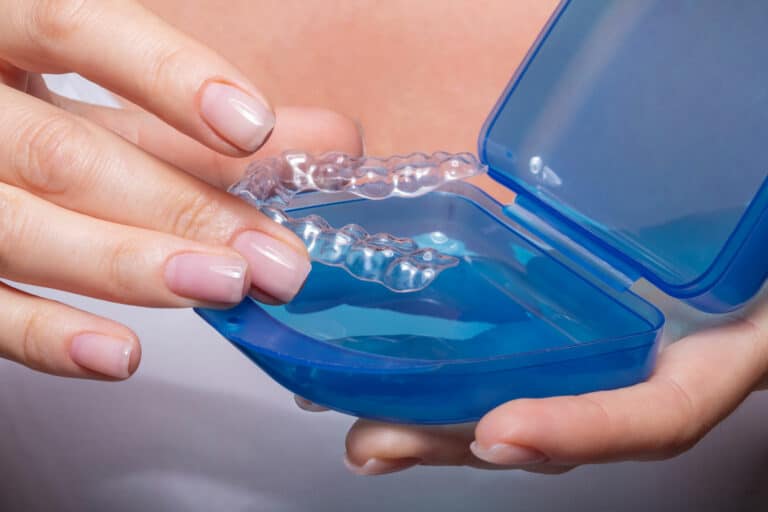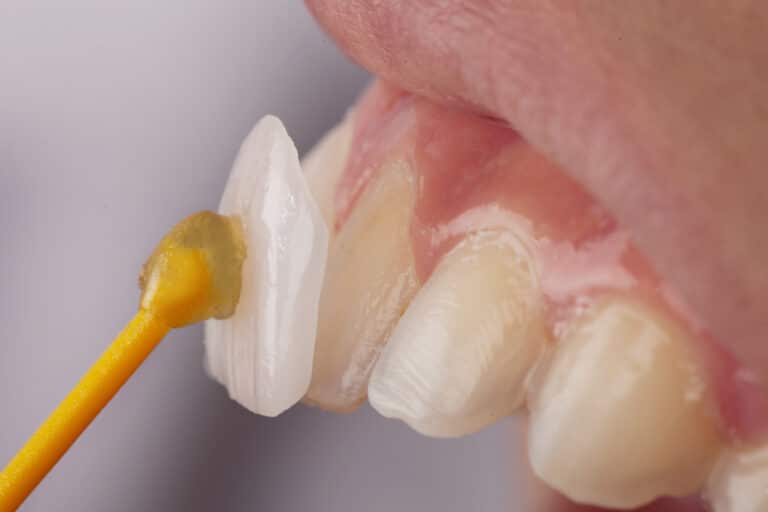If you have a misshapen or damaged tooth, you might want to consider the placement of a dental crown. Our Astoria patients often have crowns placed to improve a tooth’s shape, size, and even its strength. Schedule an appointment with a cosmetic dentist to have your teeth and gums examined and find out if dental crowns are right for you.
Dental Crown Uses
There are many different reasons why a dentist may recommend dental crowns treatment for one or more of your teeth. Crowns can be used to treat teeth that are:
- Weak
- Worn down
- Fractured
- Chipped
- Damaged by too many large fillings
- Misshaped
- Discolored
Materials Used in the Fabrication of Dental Crowns
Dental crowns can be made of a number of different materials:
- Porcelain fused to metal: These dental crowns can be made to closely resemble a natural tooth. The porcelain can be matched to the original color of your tooth. However, the crown has a metal base, which can make the crown look discolored along the gum line or at its center. These types of dental crowns have a lifespan of about 10 years.
- All-porcelain or all ceramic: These crowns are an excellent choice for patients who want the most natural appearance possible. It is also the ideal material for those who have an allergy to metal. The downside of all-porcelain crowns is that they are typically the priciest option. In most cases, dental insurance won’t cover all of the costs for this type of crown, so patients have to pay part of the cost of treatment out of their own pockets. All-porcelain crowns typically last for at least 10 years.
- Metal: Metal is another material that can be used to crown a tooth. Metal crowns are typically made of gold alloy. The advantage of gold crowns is that they have a long lifespan. As long as they are kept clean and maintained well, they can last 25 to 30 years.
- All-resin: Resin restorations are an option for patients that need small areas of a tooth filled. They do not provide the strength and support that is offered by full dental crowns. If your tooth damage is not too extensive, your dentist may be able to use a tooth-colored composite resin to restore the tooth.
The dental crown treatment process typically requires two treatment appointments. The first appointment allows the dentist to remove all signs of decay. The dentist will then remove some of the outer tooth structure to make room for placement of the hollow crown restoration. Finally, an impression is taken of the tooth so a custom crown can be fabricated at a dental lab. Before the patient leaves the office, a temporary crown is placed to protect the tooth. During the second appointment, the custom crown is cemented over the tooth, completing the dental crown treatment process.
Learn More about Porcelain Crowns
Porcelain dental crowns are useful if you need to repair weak, broken, or misshapen teeth. Make sure to speak to your dentist about how the process of getting a dental crown works so you know what to expect during treatment. If you would like more information on getting a dental crown, contact Astoria Dental Group for a consultation.




